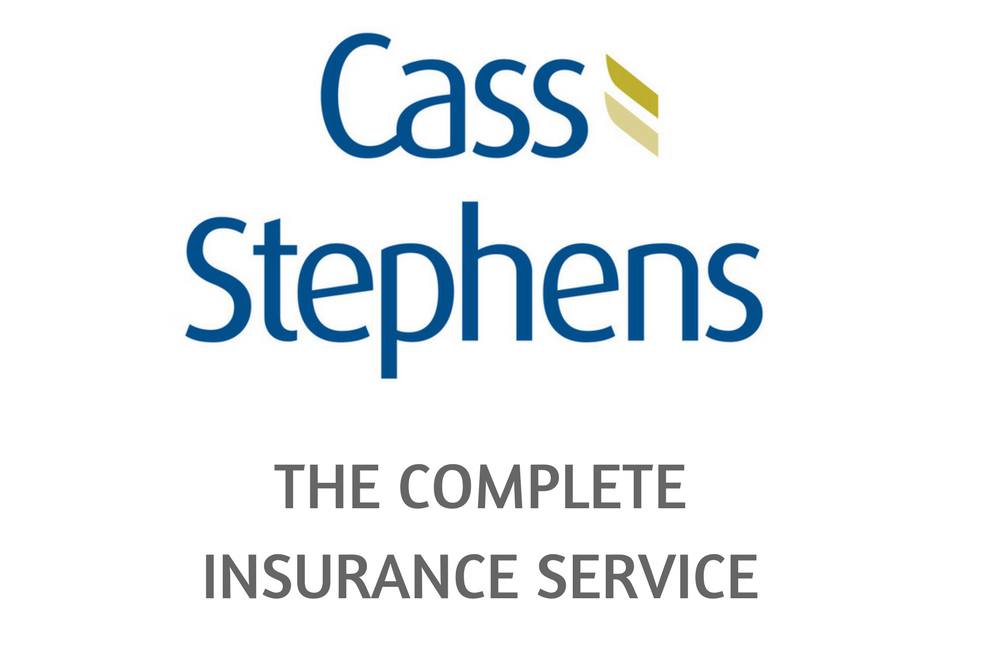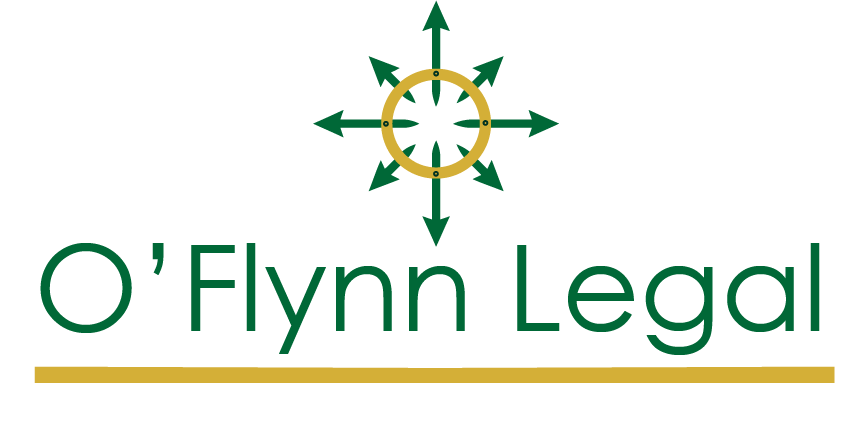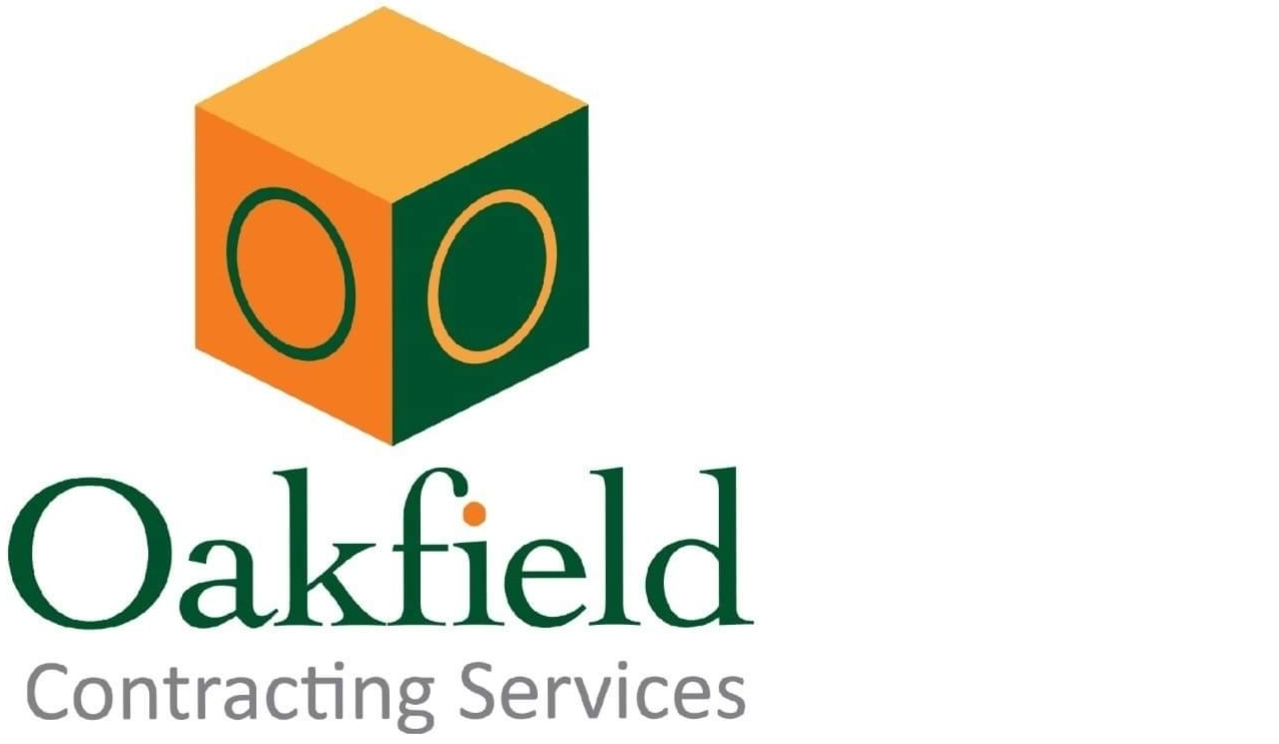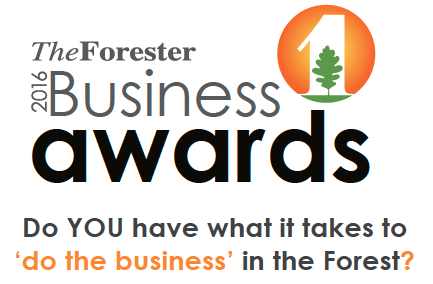Main Categories
Self Employed And Sick – 10/02/2016
For most of us who are self employed, sickness means work stops. Without staff you can delegate to, if you don‘t do it, no one else will. This means being sick is a real fear for self employed people because not only does it mean the obvious such as cash flow reducing and letting customers down but what about your business reputation too?
Reputation is something which is vital to micro and small businesses and something that takes a long time to build. It‘s like a tower that slowly, one by one, the bricks are laid and people can start seeing it above the murky skyline of other businesses in your industry. Reputation makes you stand out and be known for being ‘the person for the job‘ so the fear of some bricks being stripped off because you‘re ill can be devastating. What do you do?
All businesses should have some form of a plan in place (just like schools) should something unforeseen happen. If we get a snow day, schools have plans in place to notify parents (sometimes it‘s an email, a text message, a radio announcement, website post etc). Whilst this isn‘t the fit we need, we can be more pro-active by making a plan of what happens should illness plague us at the worst time. All businesses will need to adapt their plans as per their commitments as there is no set one for people who work from home, an office or retail unit.
At the end of the day, all humans in their lifetime get ill. Whether that‘s normal illnesses such as colds, the flu, sickness bugs or more serious situations, we all experience it somewhere along the line. Can we stop it? No, we can‘t. Unless you‘re scheduled to have an operation/treatment and therefore can plan ahead, these things tend to creep up on us at the most inconvenient times. Understanding that you can‘t prevent it alleviates a lot of the pressure because it‘s no ones fault when it does happen. However what we can do is manage how we deal with illness when it arrives.
Many of us panic that our customers are going to be angry, will think we‘re unreliable and whilst there will be some who will look at it that way (it‘s inevitable), most of them won‘t as they understand the paragraph above – we‘re all human!
The key point is to make a plan (or several) for your business for when you get sick, your child is sick or should an emergency happen. You also need to make the decision as to how much you tell your clients when something like this arises. I personally always work on honesty as I find lying or making stories up tend to come back to bite me! If I said I couldn‘t make a meeting because my car broke down for example, it would only take 1 person seeing me get out of the car at the doctors for it to have the opportunity to circulate and then your cover is blown. How you tell people & how much they need to know though is up to you. Your customer will understand if you say your child has had to come home from school due to illness but they‘d probably rather not know that it‘s because they have vomited all over the classroom!
So to sum it up, when you get sick – revert to a plan you have put in place for this occasion and remember, being honest with your customer is important, the depth of knowledge of the ailment however can be tailored to them.















